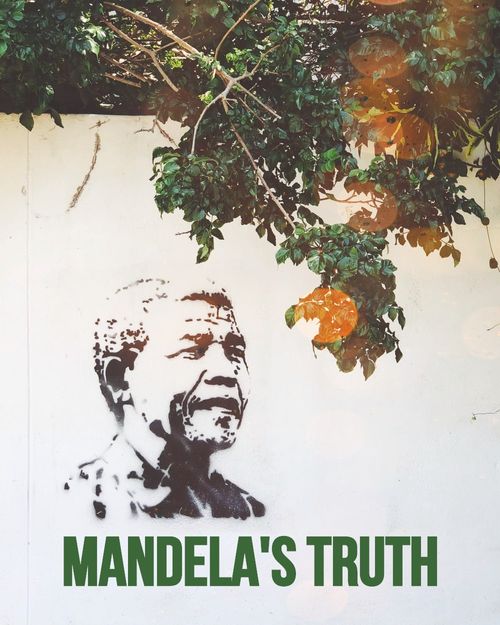How Nelson Mandela’s “I Am Prepared to Die” speech changed history
Nov 06, 2020 · 4 mins read
0
Share

Background and historical context
“I Am Prepared to Die” is the unofficial name of a speech given by Nelson Mandela on 20 April 1964 as a defendant at the Rivonia Trial in South Africa – a key moment in the country's struggle for freedom at a time when only white people could vote.
Save
Share
Mandela and other leaders of the African National Congress (ANC) had been charged with 221 acts of sabotage intended to “ferment violent revolution.” The ANC had been outlawed in 1960, but the group’s leaders were arrested (and their documents discovered) during a police raid in July 1963.
Save
Share
Mandela had been accused of inciting workers’ strikes and leaving the country without government permission. Under recently passed laws, this posed the threat of a death sentence. Given that Mandela’s reputation was gaining recognition worldwide, the ANC believed the trial could gain wider recognition for their cause.
Save
Share
Instead of testifying as a witness, Mandela decided to make a speech from the dock – highlighting injustices not only of South African society, but its legal system. It lasted four hours (including breaks) and is now considered one of the great speeches of the 20th century.
Save
Share
Mandela argued that all nonviolent strategies had been exhausted, resulting only in further restrictions for African people. He pointed out that when the government uses violence against protesters, it is giving them no other choice but to use force in opposition.
Save
Share
Mandela's legal representatives asked him to leave out the speech’s final remarks (specifically the words “it is an ideal for which I am prepared to die”) in case it led to a death sentence. However, Mandela felt that would happen anyway and preferred to express how he truly felt.
Save
Share
Less than two months later, Mandela was convicted on four counts of sabotage for his role as an activist against the apartheid regime of South Africa. He was given a life sentence and spent the next 27 years as a prisoner on Robben Island.
Save
Share
The ANC’s speech strategy, however, succeeded in raising Mandela’s profile (and that of their cause) on the world stage. The trial was condemned by the United Nations Security Council, eventually leading to international sanctions against the apartheid regime.
Save
Share
When Mandela was finally released in 1990, it signaled the beginning of the end for apartheid. He gave another speech, to a crowd of 100,000 people in Johannesburg, which was broadcast live across the planet.
Save
Share
Mandela would become President of South Africa in 1994, following the country’s first democratic multi-racial elections. After his release from prison, he maintained that including the line “I am prepared to die” in his courtroom address was what saved his life. Here’s how the speech ended...
Save
Share
0